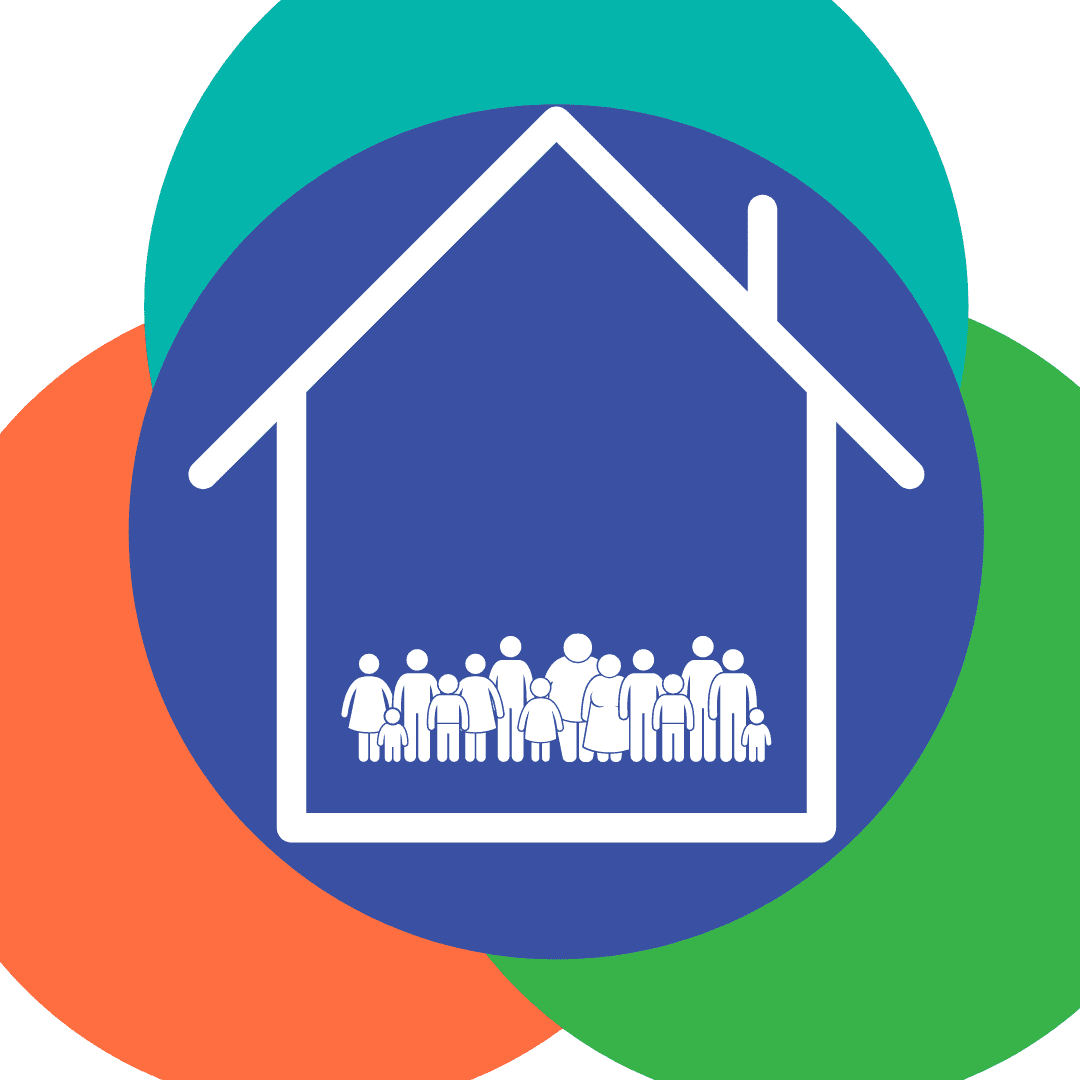A summary of the list of recommendations on the implementation of the OBBBA in Colorado regarding public benefits systems and work requirements.
Recent articles
CCLP testifies in support of Colorado’s AI Sunshine Act
Charles Brennan provided testimony in support of Senate Bill 25B-004, Increase Transparency for Algorithmic Systems, during the 2025 Special Session. CCLP is in support of SB25B-004.
Coloradans launch 2026 ballot push for graduated state income tax
New ballot measure proposals would cut taxes for 98 percent of Coloradans, raise revenue to address budget crisis.
CCLP statement on the executive order and Colorado’s endless budget catastrophe
Coloradans deserve better than the artificial budget crisis that led to today's crippling cuts by Governor Jared Polis.
Denver’s Expanding Housing Affordability

The burden of owning or renting a house in the Denver metro region is heavy for many residents as wage growth has not kept pace with the increased cost of living. With Denver rents skyrocketing, renters must make at least $27.50 per hour, which is in stark contrast with Colorado’s minimum wage of $12.32 per hour.
In May, the Colorado legislature voted to approve House Bill 2021-1117. This bill was advocated for by numerous partners and advocates to replace a Colorado Supreme Court decision that once prohibited such “inclusionary housing” practices and allows local governments to require rental housing developers to provide affordable units in new development projects. Here is a sample of what is included in the bill:
- Cities can now require affordable housing to be included in all new for-sale and for-rent housing.
- Requires local governments to offset costs, relax zoning restrictions and provide alternatives, recognizing that inclusionary housing creates higher costs on multi-family developments.
- Requires local governments to provide some options to allow for one or more alternatives to the construction of new affordable housing units
Once passed, the city and county of Denver lept into action. Their Community Planning and Development department drafted a policy proposal to ensure that as new housing is built, new affordable housing is created.
The Expanding Housing Affordability (or EHA) is designed to be complementary to the Department of Housing Stability’s (HOST)’s efforts to address Denver’s housing needs, namely the production of new affordable units in mixed-income communities by combining affordable homes into market-rate development. HOST has faced challenges in creating truly mixed-income communities over the years, and this newly passed but long fought-for legislation has enabled Denver and other localities across the state to mandate inclusionary housing.
MHC brought together key stakeholders, including Brad Wienig, Director of Catalytic Partnerships with HOST, and Analiese Hock, Principal City Planner with City and County of Denver, to discuss the purpose of EHA and provide some initial feedback on the proposal As part of our collaborative call to action, MHC submitted a letter of recommendations (posted below) to the City and County of Denver.
While we have a long way to go on addressing the housing shortage for our low-income neighbors, we celebrate the years-long community organizing and policy advocacy efforts that led to the passing of HB21-1117, which allowed localities to mandate affordable housing or equal alternatives in new developments. Keep up with Denver’s EHA as it makes its way through council this spring.
